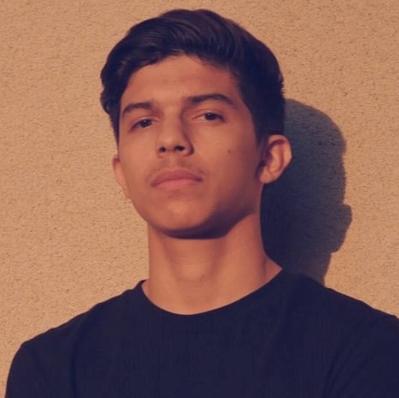Topline
Twitter, now known as X, announced Tuesday a partnership that will expand brand safety measures for advertisers on the platform—which has been battered by decreases in ad revenue since Elon Musk acquired Twitter last year.
The new tools will look to bring more advertisers back to the social media platform. (Photo by JOEL ... [+]
Key Facts
Through an extended partnership with ad-tech firm Integral Ad Science, X will provide more advertisement tools that it claimed would allow advertisers to separate their content from undesired keywords and handles with more than a “99% efficacy rate.”
The ad tool expansion comes about a month after Musk said X, then Twitter, had “negative cash flow” due to an estimated 50% decline in advertising revenue, which has suffered significantly since Musk took over the platform.
Advertisers will also be able to use standard and conservative sensitivity settings to choose what kind of content they’re not comfortable showing their ads alongside, including sexual content, targeted hate speech, obscenity, drugs and more.
A relaxed sensitivity setting is coming soon, which would show advertisements alongside some types of sensitive content to “maximize reach,” according to a screenshot of the feature.
The sensitivity features could come as a source of alleviation for advertisers on X, where, according to researchers, hate speech has increased since the Musk takeover.
An automated blocklist will also be a tool available to advertisers, allowing them to prohibit their brands from appearing adjacent to certain keywords on the “For You” and “Following” pages.
What We Don’t Know
It’s not clear when some of the features, such as sensitivity settings, will officially go live. In the meantime, a test phase will be used before the proper launch of some of the tools.
Big Number
59%. That is the year-over-year drop in X’s revenue from U.S. advertising this April, according to the New York Times.
Key Background
Since Musk’s $44 billion acquisition of Twitter, the platform, currently known as X, has gone through shifts that have turned away advertisers. The platform experienced a significant increase in racist and anti-semitic posts weeks after Musk’s arrival. By January, more than half of Twitter’s top advertisers, such as Coca-Cola, Unilever, Jeep and Wells Fargo, stopped spending on the platform. Last month, researchers at the Center for Countering Digital Hate suggested that Twitter failed to address 99% of Twitter Blue accounts that posted hateful content. Musk promptly threatened legal action against the non-profit, claiming it intended to scare advertisers away from the platform with “incendiary claims.” Musk has said his platform was willing to work with advertisers and their concerns about the platform, but that “freedom of speech” was “paramount” for Twitter. The billionaire has further maintained that he has tried to create “a “sensible middle ground” between advertisers and the public’s freedom of speech.
Further Reading
Musk Says Twitter Ads Plummet As Battle With Threads Heats Up (Forbes)
Twitter’s U.S. Ad Sales Down 59% Despite Musk’s ‘Breaking Even’ Claims, Report Says (Forbes)
